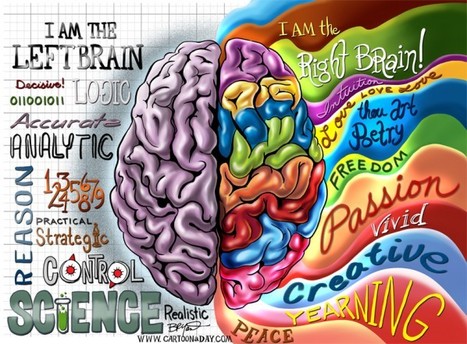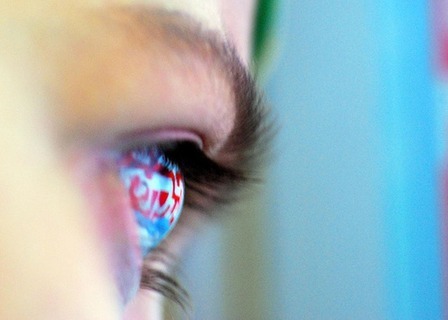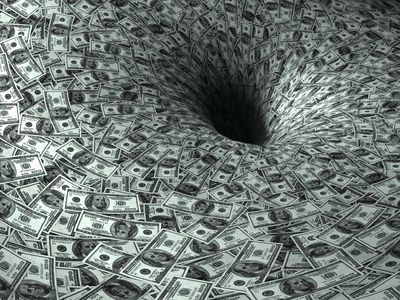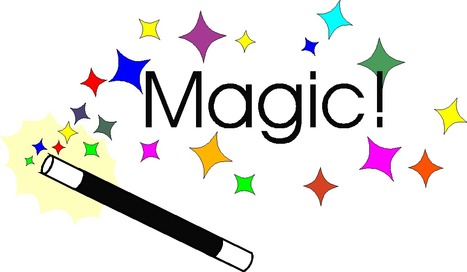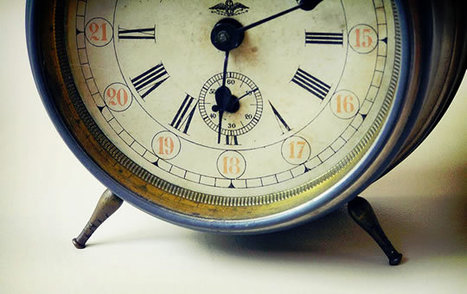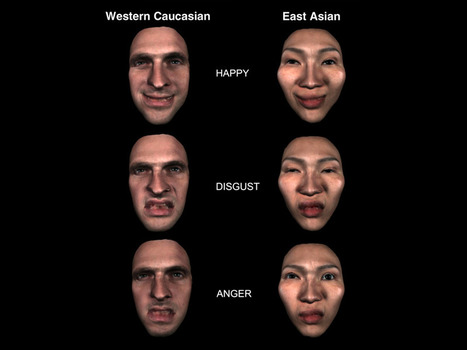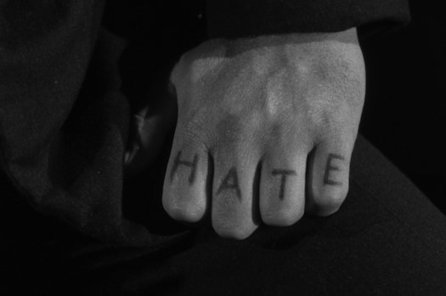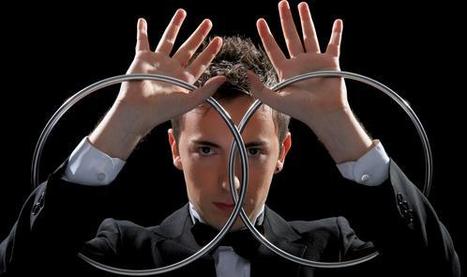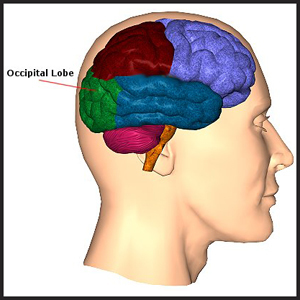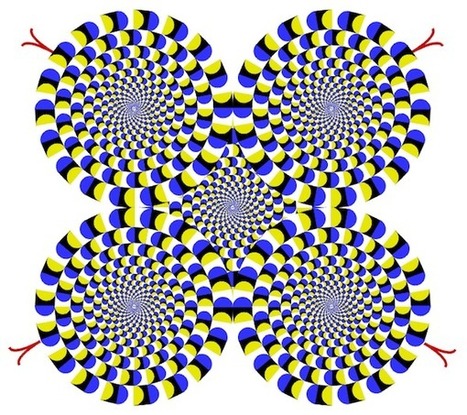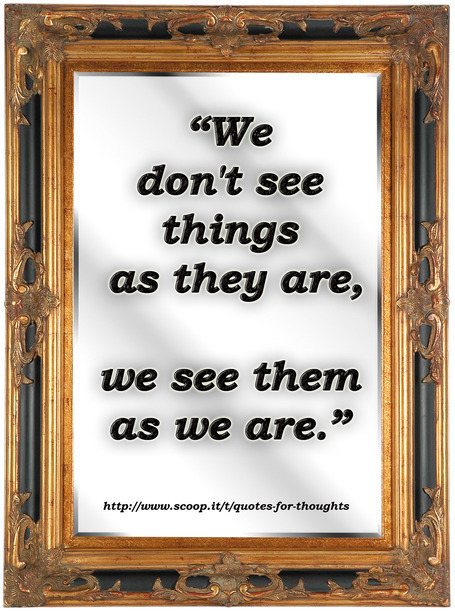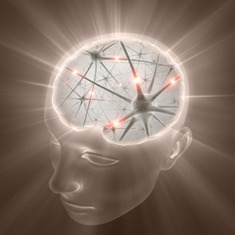New research demonstrates that the two hemispheres specialize in different kinds of sounds (left: rapidly changing sounds, such as consonants; right: slowly changing sounds, such as syllables or intonation).
Research and publish the best content.
Get Started for FREE
Sign up with Facebook Sign up with X
I don't have a Facebook or a X account
Already have an account: Login

 Your new post is loading... Your new post is loading...
 Your new post is loading... Your new post is loading...

Cindy Tam's comment,
June 13, 2012 2:54 PM
Funny, you see this behavior sometimes while playing poker. http://www.ehow.com/about_4673664_does-full-tilt-mean-poker.html
|
|



